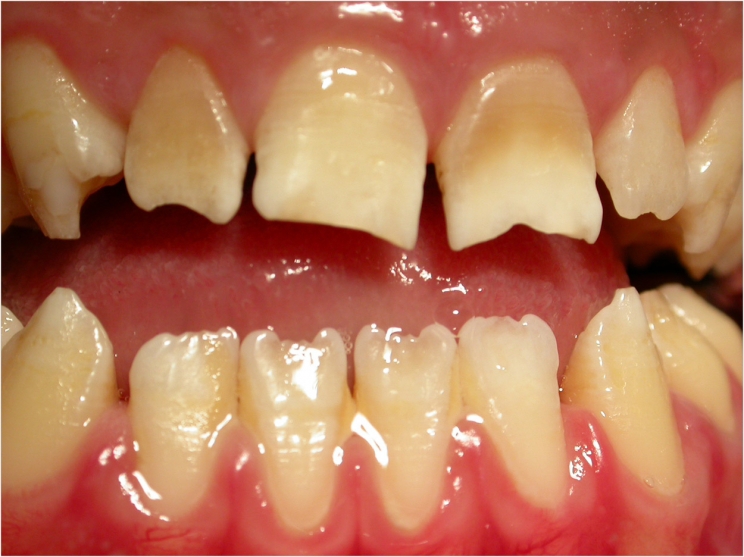
The British Society of Paediatric Dentistry (BSPD) and the Faculty of Dental Surgery (FDS) of the Royal College of Surgeons (England) have awarded a pair of grants to support research into jaw pain in young people and genetic testing of children with a rare developmental condition.
Julia Palmer of Newcastle University School of Dental Sciences received £5,272 to explore the experience and needs of young people with temporomandibular disorder (TMD). There is currently no research relating to the adolescent experience of TMD, though young people are managed the same way as adults, the organizations said.
“This is very often a persistent problem which can come and go and can cause pain and discomfort throughout life. An adolescent focus to treatment of TMD should be developed,” Palmer said.
By helping young people understand the condition and how to manage it at an early age, Palmer believes that dentists can prevent it from becoming a lifelong chronic condition.
Since there has not been any qualitative research among patients under the age of 18, the pump-priming funding will help Palmer set up focus groups comprising patients to understand their concerns and needs.
Additionally, Palmer will undertake qualitative research with dentists in primary and secondary care who treat these adolescent patients and devising a questionnaire to get a picture of how the condition is managed and whether prevalence is increasing.
Palmer’s aim is to devise an intervention to help young people suffering from TMD for whom the condition might otherwise become a lifelong chronic ailment. She already has undertaken an initial service evaluation that she is presenting to the International Association of Dental Research meeting in July.
Meanwhile, Armaana Ahmad of the University College London Eastman Dental Institute received £9,297.88 to conduct a feasibility study examining genetic investigations for children who have type II dentinogenesis imperfecta (DI).
There are two main types of DI. One is part of a medical condition affecting teeth and bones, osteogenesis imperfecta, which is better known as brittle bone disease. The other main type manifests as a dental condition featuring discolored teeth that are weak and prone to fracture.
Ahmad’s interest was inspired by her clinical care of patients who have the inherited condition. Children who appear to have only dental symptoms and no bone symptoms currently are not able to have genetic testing to confirm which type of DI they have.
“The feasibility study has been codesigned with five patients who live with the condition and their parents. We are making the case for genetic testing of all children who present with DI. It will help us identify any children who may unknowingly have a mild form of brittle bone disease and also understand how the condition progresses,” Ahmad said.
“Having heard that I was selected out of many applicants makes me feel very proud of this achievement and very grateful for this opportunity. It is especially exciting to share the news with the children and parents who co-designed this study, as this also reflects the time and effort they put into designing the research,” Ahmad said.
The joint grants are awarded annually and are worth up to £10,000 each.
“We were overwhelmed by the quality of the research proposals this year. The two winning proposals were exceptional in terms of the benefit to patients. Both were ranked highly by five reviewers from different dental specialties,” said Helen Rodd, chair of the FDS Research Committee.
“These grants don’t just support the research but the individual researchers too who have shown great promise and whose academic careers will benefit from the recognition that such a prestigious grant confers,” Rodd said.
Related Articles
Oral Health Plays a Role in Migraines and Headaches
Award Honors Research into Using MRIs to Diagnose Vertical Root Fractures
Study to Explore Gene’s Role in Dentinogenesis Imperfecta











